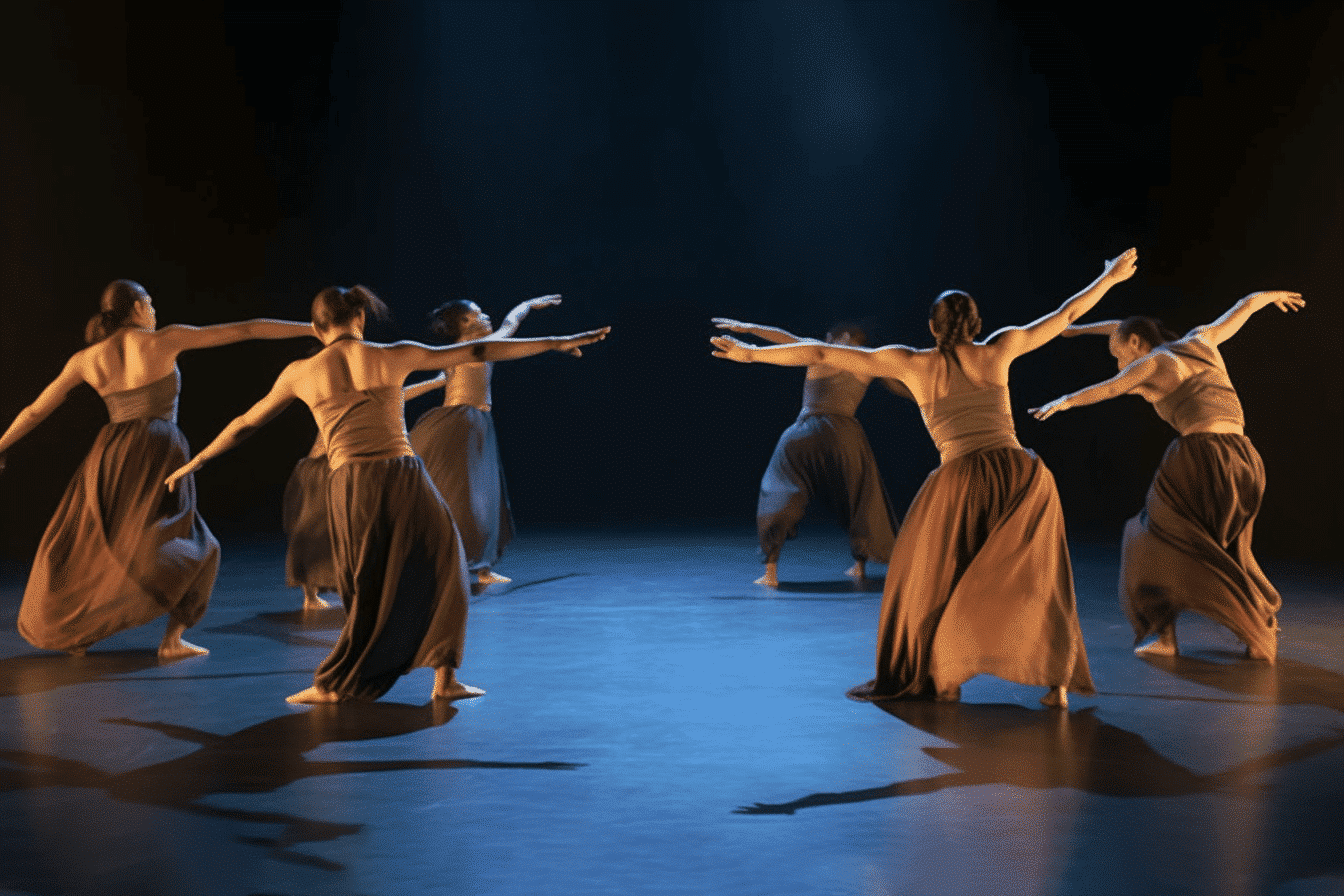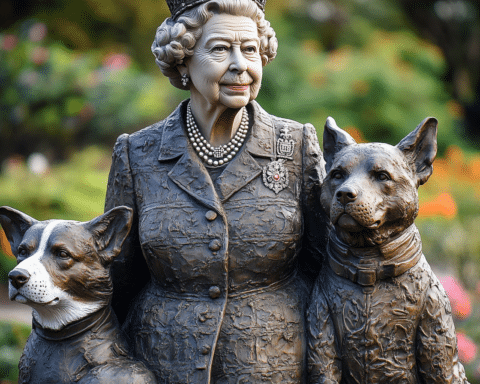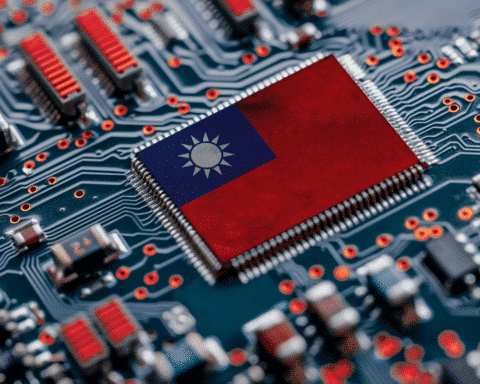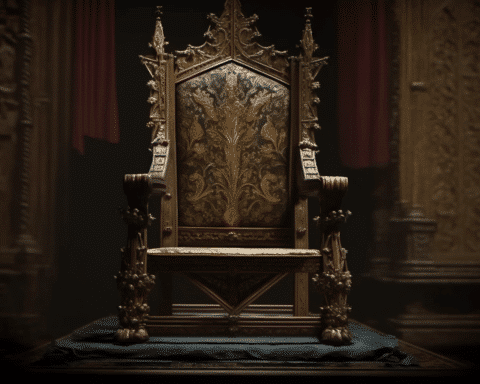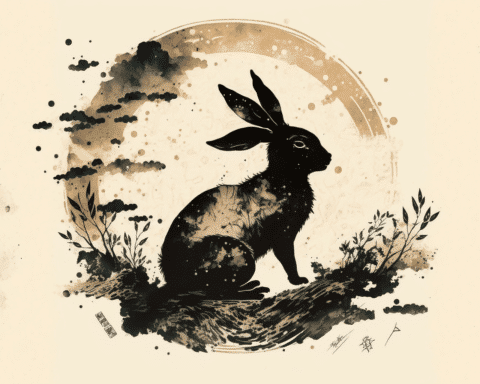Late 1978 saw Taiwan in a state of despair as then-US President Jimmy Carter announced the switch in diplomatic recognition from Taipei to Beijing. This decision left Taiwan fearful of a possible Communist takeover from mainland China, sparking widespread protests and causing Americans to be viewed as traitors. Upon the arrival of a US delegation for talks, protesters voiced their anger through the symbol of throwing eggs at their motorcade.
In such turbulent times, the Taiwanese found solace in an unexpected source: a dance performance that serendipitously debuted on the same day as Carter’s announcement.
The 90-minute dance, “Legacy,” performed by the Cloud Gate Dance Theatre, is widely acknowledged as the first contemporary dance to narrate the story of modern Taiwan. It powerfully depicted the journey of 17th-century pioneers who braved the turbulent Taiwan Strait from mainland China before finding a home on the island.
During an era when Taiwan was grappling to establish its cultural identity, “Legacy” resonated deeply with its audience.
Government-run newspaper Central Daily News described the emotional audience response, with people on their feet clapping enthusiastically, their hearts collectively entwined.
Wang Yun-yu, a former dancer from Cloud Gate who was part of the 1978 debut, remembers audience members being moved to tears. In an interview with CNN, she said, “The dance portrayed our ancestors’ journey to Taiwan, their new home, and the pursuit of our roots. This deeply echoed the sentiment of the time; we no longer had US protection, and it was time to stand alone.”
The dance troupe reports that over 20,000 people watched “Legacy” within the first two months. It has been revisited in times of national crises, serving as a rallying symbol after a catastrophic earthquake in 1999 and the SARS outbreak in 2003, and has been performed over 170 times, both in Taiwan and globally. In 1993, it even graced stages in mainland China.
After two decades since its last run, “Legacy” returns with a sold-out tour to celebrate the dance company’s 50th anniversary. Thousands of people gathered in central Taipei, between Taiwan’s National Theater and the National Concert Hall, to witness a live-streamed performance on giant screens.
As Taiwan’s political climate mirrors the scenario when the dance first debuted due to the strained relations with Beijing since Xi Jinping’s leadership in China, the narrative of “Legacy” feels more relevant than ever.
Taiwan’s democratic society of over 23 million is embarking on its post-Covid recovery phase, all while dealing with an increasingly uncertain future due to rising military, diplomatic, and economic pressures from across the strait.
Eleanor Chiang, an audience member who had seen the performance several times, said, “The timing is certainly intriguing. Such coincidences do occur sometimes.”
Despite the previous sense of abandonment by the US following Carter’s decision, Taiwan has recently noticed stronger bipartisan support from the US with high-level congressional visits and increased arms sales.
A symbol of perseverance, “Legacy” is more than just a dance. For Lin Hwai-min, the founder of the Cloud Gate Dance Theatre, the enduring message of the performance is a testament to Taiwan’s ability to overcome adversity, which is particularly fitting for Cloud Gate’s anniversary, given its humble beginnings and the numerous struggles it has faced, including a 2008 fire that devastated its studio and archive.
As Taiwan’s first professional contemporary dance company, Cloud Gate has nurtured many choreographers and dancers and cultivated the surrounding cultural industry. With its fusion of Western and Eastern dance traditions and aesthetics, the troupe has significantly showcased Taiwan’s soft power and unique culture to global audiences.
The “Legacy” tour by Cloud Gate Theater will continue its journey around Taiwan until June 10.
As Taiwan navigates the complex currents of international diplomacy and its unique identity, “Legacy” emerges as a beacon of unity and strength. It provides a reminder of the nation’s shared history and resilience, particularly when the Taiwanese people face external pressures and uncertainties. Regardless of the political climate, the heartening resurgence of this dance encapsulates the spirit of Taiwan and its people, conveying a timeless message of endurance and hope.
